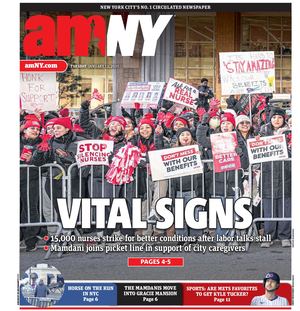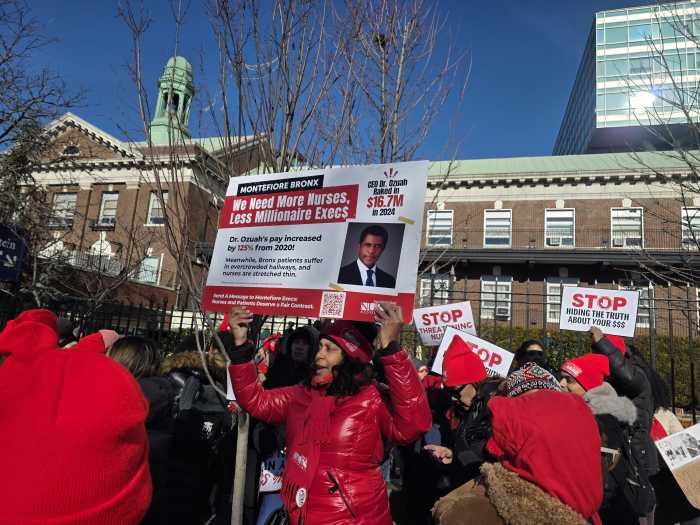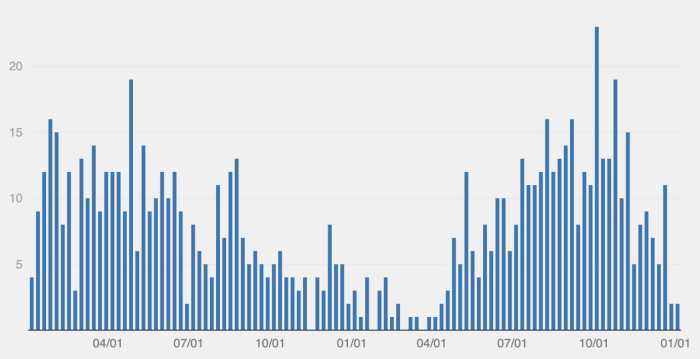‘The Sting’ runs through April 29 at Paper Mill Playhouse. 22 Brookside Dr., Millburn, N.J., papermill.org.
Nothing makes you appreciate a great movie quite like watching its inferior stage musical adaptation — which is something I’ve been doing a lot lately.
Just yesterday, I was writing about the disappointing new Broadway musical version of the 2004 teen comedy “Mean Girls,” and today I seem to be writing the same review all over again, with more or less the same criticisms, about “The Sting,” the new musical based on the 1973 Oscar-winning caper film starring Paul Newman, Robert Redford and Robert Shaw, which is receiving its world premiere at New Jersey’s Paper Mill Playhouse, with actor-jazz musician Harry Connick Jr. in the lead.
“The Sting” observes the efforts of con artists Henry Gondorff (Connick) and Johnny Hooker (J. Harrison Ghee, with a sad and sensitive aura and big voice) to avenge their friend’s murder by tricking the mobster Doyle Lonnegan (Tom Hewitt) into falling for an elaborate scheme that will cause embarrassment and significant financial loss.
In a program note, book-writer Bob Martin (“The Drowsy Chaperone”), while praising the original film as a “masterpiece, full of color and character, idiomatic language and a labyrinthine plot,” tries to justify adapting it for the stage by noting that it is “inherently theatrical.” Nonetheless, the adaptation is a dud.
While the film thrives upon building tension with constant twists and turns, the musical (directed without coherence by John Rando, choreographed with flare by Warren Carlyle) awkwardly inserts unmotivated tap-dance sequences, piano solos for Connick, silly gags and tenderhearted moments, creating a stop-and-start momentum that takes the thrill out of the thriller.
Curiously, “The Sting” brings to mind “Gypsy” in its use of placards to introduce scenes and its tawdry visual style, which evokes a 1930s inner-city burlesque house.
The songs — by Mark Hollmann and Greg Kotis, plus some additional material by Connick — have a period jazz flavor but are mostly unremarkable and derivative. The ragtime music of Scott Joplin (including “The Entertainer”), which is prominently featured in the film, is also used, but its impact is muddled.
Connick, who scored on Broadway in “The Pajama Game” in 2006, oozes with crooner style and matinee idol presence, so much so that he seems to operate independently of the musical itself. The audience would be better off attending one of his concerts and/or watching “The Sting” on Blu-ray.





































